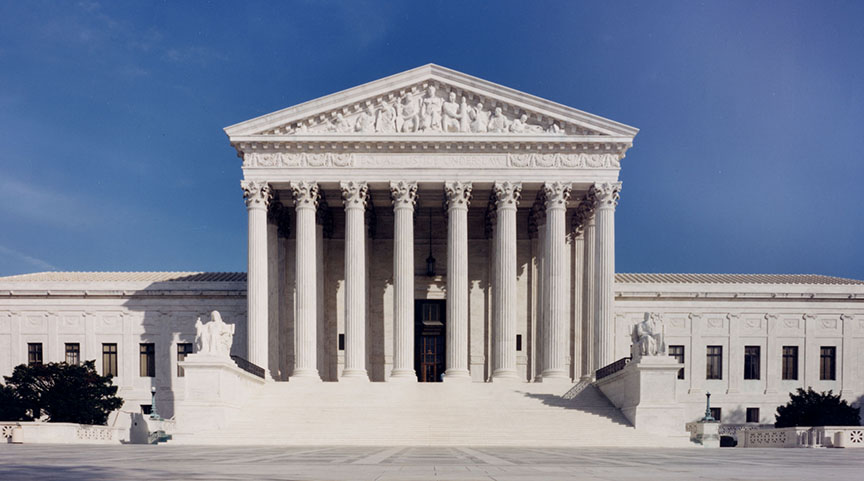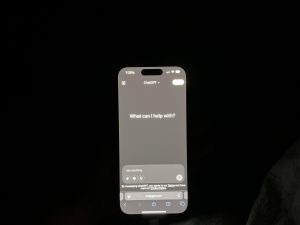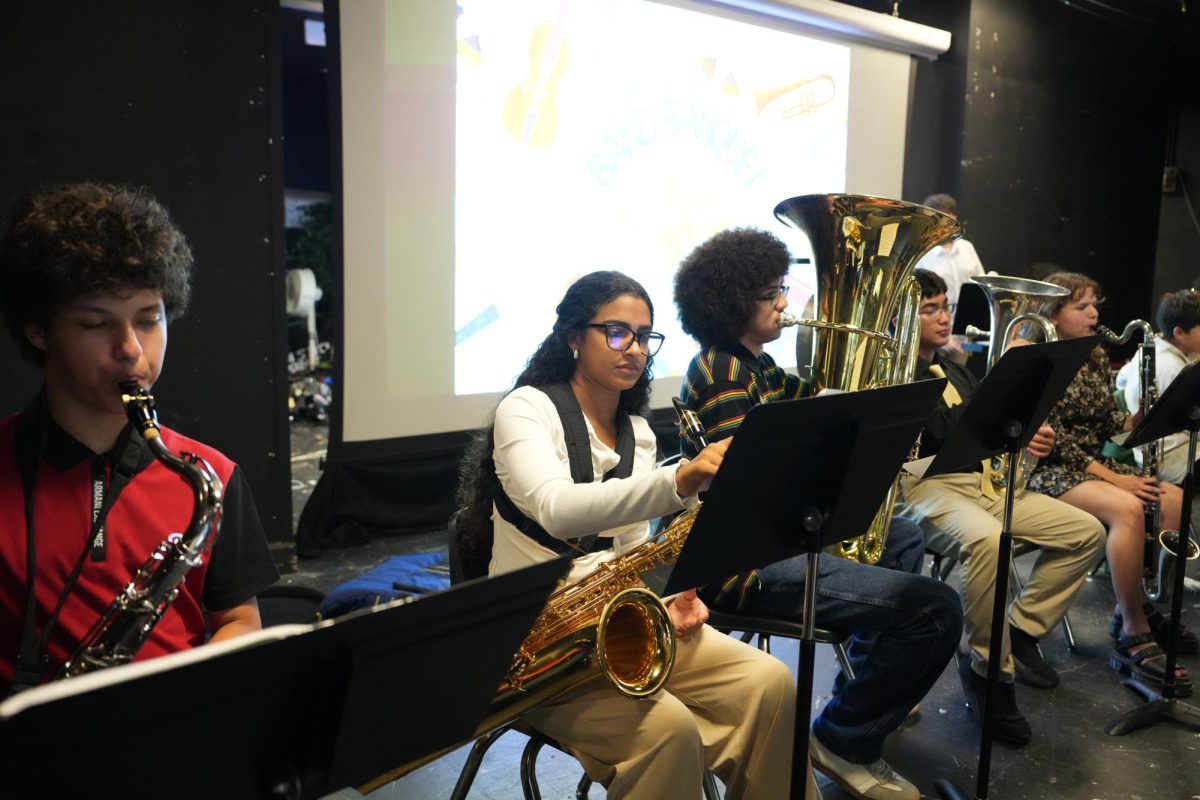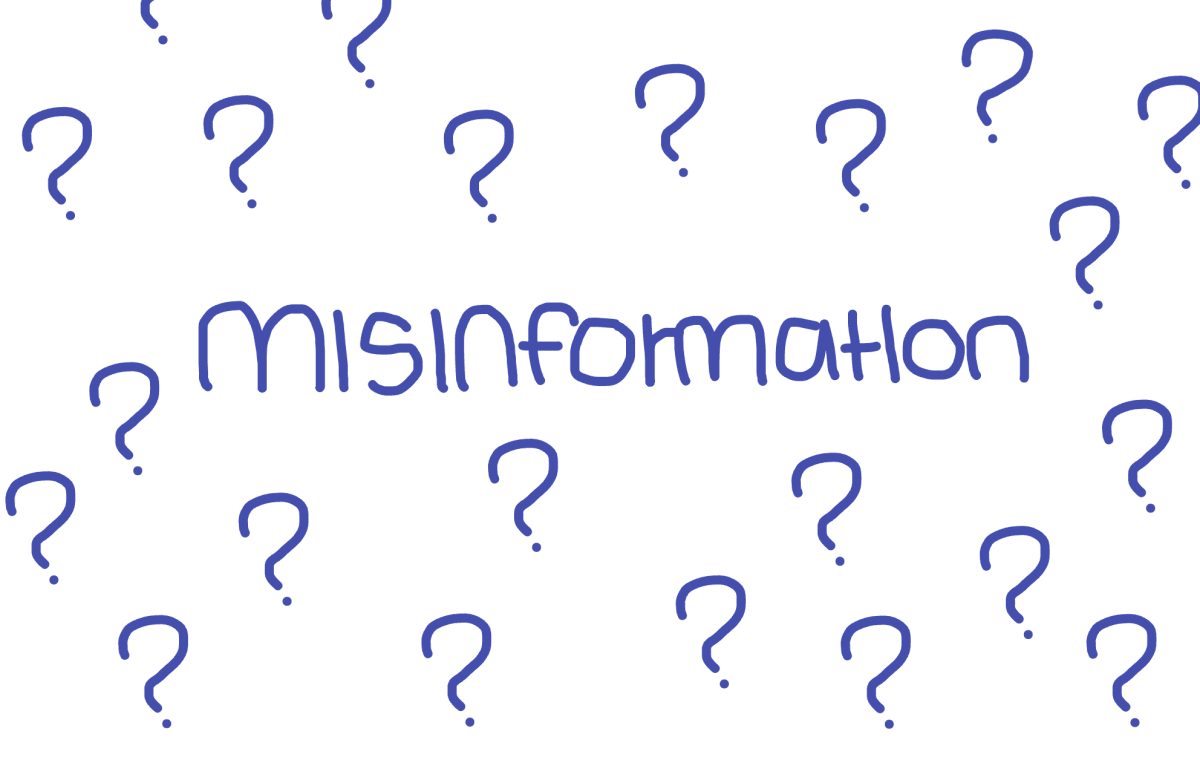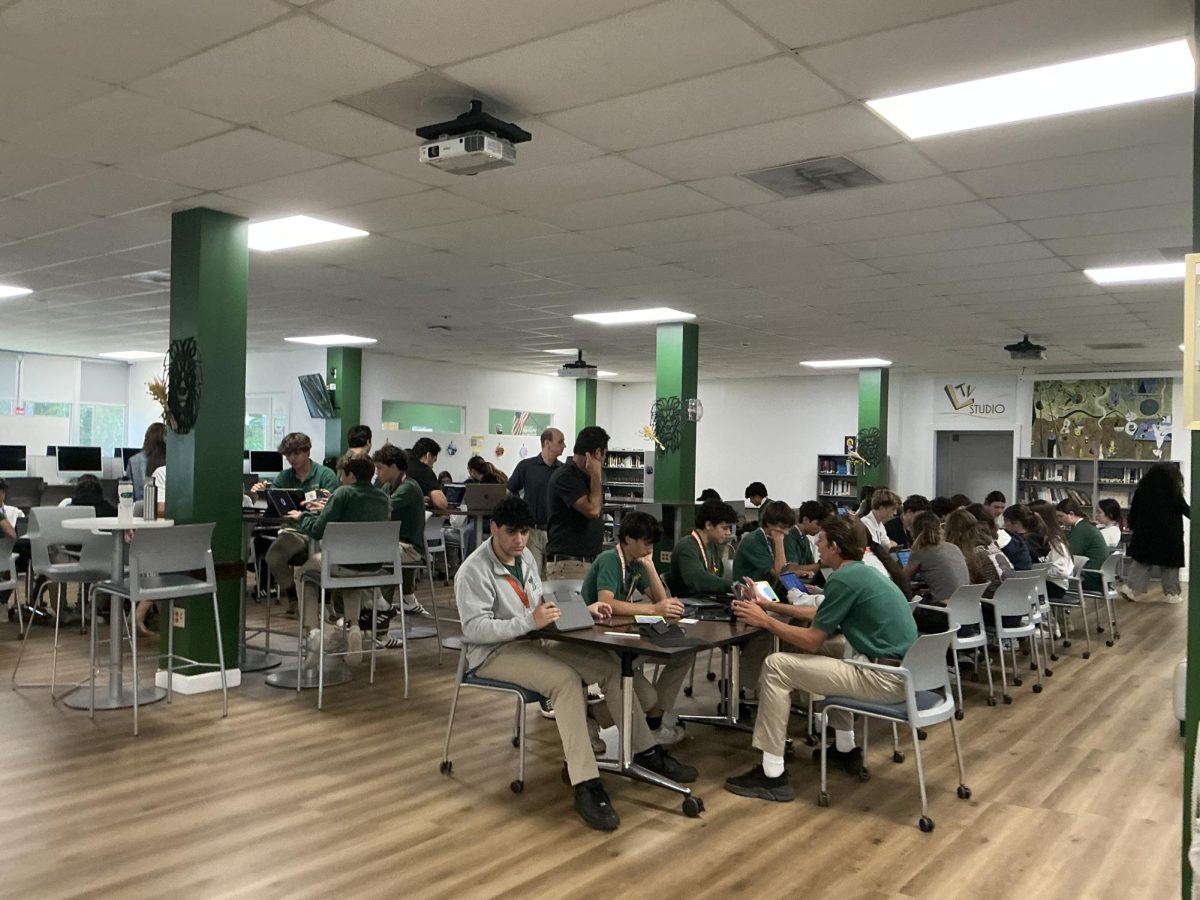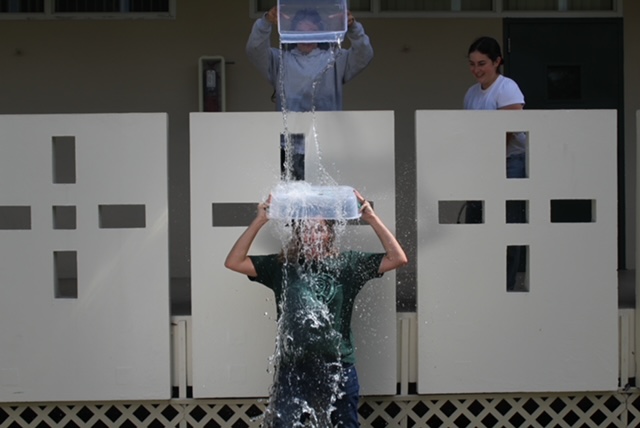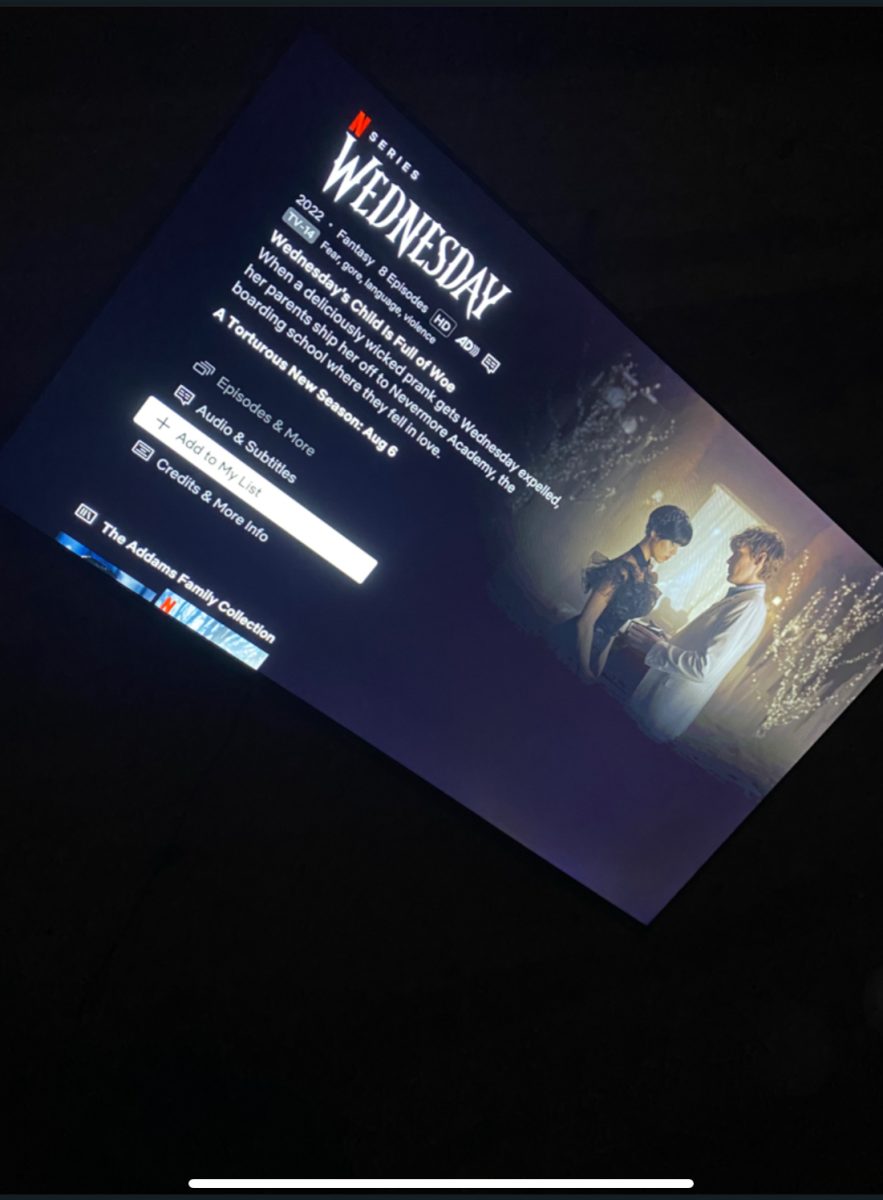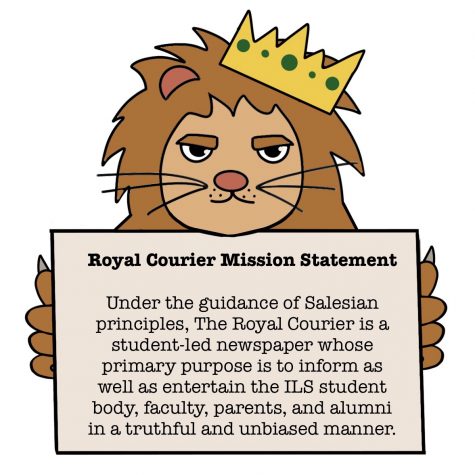Supreme Court Decides: Should Students be Punished for Things Said Outside of Class?
May 11, 2021
Recently, a freshman at a Pennsylvania high school realized she hadn’t made the varsity cheerleading team, and decided to show her frustration on social media.
Her name is Brandi Levy, and she and a friend posted a photo, middle fingers raised at the camera, saying “f—— school, f——softball, f—— cheer, f—— everything.” 250 people saw it, and she thought it would disappear after 24 hours, like many posts on Snapchat do. Levy claimed that she “just wanted to blow off steam”.
However, a classmate took a screenshot of the photo, and showed it to their mother, who was one of the school’s cheerleading coaches. They suspended Levy from the team for her whole sophomore year. Levy’s parents sued, and the case has made its way all the way up to the Supreme Court.
The last time a case like this was brought to the Supreme Court was in Ohio, 1969. The ruling was that students in Ohio could NOT be punished for wearing black armbands to show opposition to the Vietnam war. They said that constitutional rights trickled down to students, and that they were within their rights.
Nowadays, it is hard to see where campus ends and personal time begins, what with remote learning and the spread of social media. Of course, it is necessary to protect students from cyber bullying and threats. However, when are schools going too far? When is their constant monitoring of students’ behaviors outside of class more of a burden on students than it is protecting them?
As students, it is hard for us to constantly monitor our behavior to tailor fit what schools deem acceptable. At some point, it begins to feel a bit more like censorship than protection. Students need to be free to act in their own way, whatever that is, when it is outside of school and as long as it isn’t infringing on school property or policy. Our schools dictate much of our lives already, but monitoring our personal online lives might be considered a bit too much. It is necessary in cases of protection from threats, but if a student is sweating bullets while applying for college, thinking “what will they find, I don’t remember everything I’ve posted!”, and fearing a mistake on the internet can ruin their chances at success, what are they being protected from? Receiving higher education?
Of course, execution of this policy depends on the case. If the student is threatening harm or committing a crime, intervention is necessary. Venting on the internet, however, is harmless and doesn’t need to be punished so harshly. It sends a scary message to students- that everything they do online might come back to negatively affect them. It’s hard to live with that extra stress.
The Levy case has made its way to the Supreme Court, and a verdict has yet to be reached. It will continue in June, but to read more details about it, you can read the full article here.


